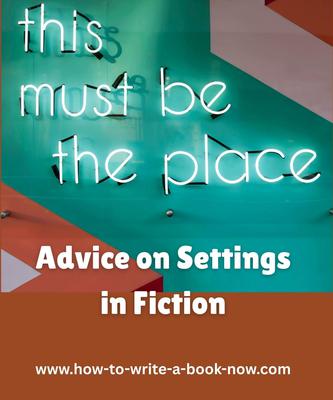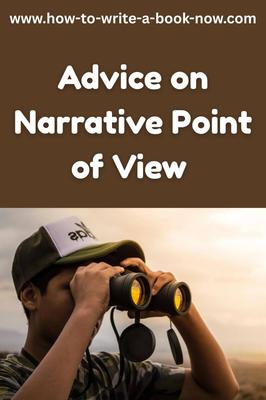Details
by Skye
(Florida)
Hello, I've been writing short stories and exerts for a while now but I keep noticing the same problems in my work. I have an almost over active imagination and thus visualize everything as I write but because of this I always attempt to cram too much, and sometimes unimportant, detail into it. Leaving it all to seem unnecessary and detracting no matter the scenes importance. I'm not sure how to fix that without making it all seem to me like it is weak and childish. If anyone could help I'd greatly appreciate it.
Answer:
The general guideline in all writing is that you should maximize the signal to noise ratio.
What does that mean?
Signal = the words needed to convey the story.
Noise = words that are not necessary to tell the story, that add nothing useful, that could be left out with no impact on the emotional impact, meaning, or vividness, of the story.
Obviously, if you have too much noise, the story becomes boring because the reader is wading through a lot of unimportant prose. The emotional impact is reduced. Also, noise slows down the pace of a scene, so it is particularly troublesome in action scenes.
On the other hand, some people have the problem of underwriting a story. They put in too few details to fully convey the story in an impactful and vivid way.
One thing you might consider is the concept of the "telling detail." A telling detail is a detail that says a lot in a few words. For instance, if you
In that regard, remember that sometimes "less is more."
Second, good writing captures a reader's mind and immerses them in the story. It's much like how a hypnotist entrances a subject. A good hypnotist must use words carefully and make each sentence resonate. He can't go off-topic or make irrelevant observations, because then the hypnosis won't work. Good preachers do the same thing.
So think about making each sentence count. Each one should be an essential stepping-stone in the story. If you don't need something, leave it out. (And if something feels missing, put it in.)
Finally, if you find you're putting in details or other things you don't need in your story, maybe it's because your own mental focus needs honing. Get clear on where you want to take your reader. You're not wandering aimlessly, you are purposely taking the reader on a journey to a meaningful place. Get a sense of what the destination and the journey will be before you start writing and keep yourself on track. You may want to think more about what the story will be about or write an outline in advance.
Best of luck.
- Home
- Writing Questions
- Details















